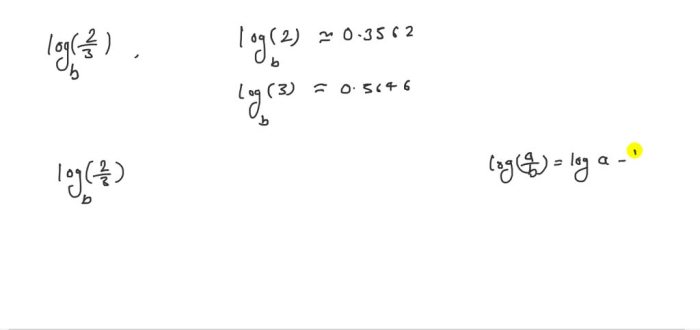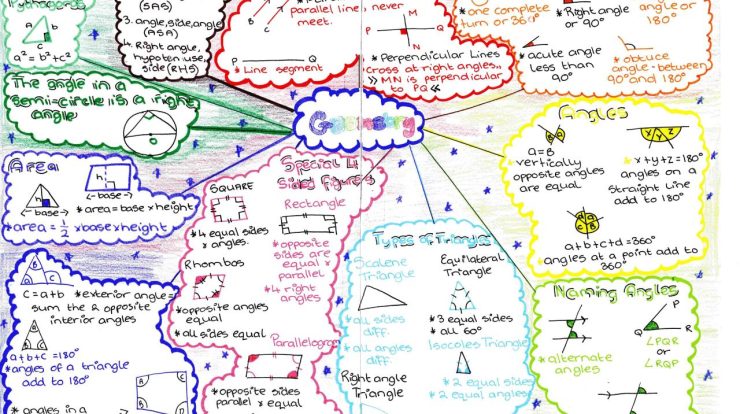Calculus i early transcendental functions – Calculus I: Early Transcendental Functions introduces the fundamental concepts of calculus, focusing on the study of functions that transcend elementary algebra, known as transcendental functions. These functions, such as exponential, logarithmic, and trigonometric functions, play a vital role in various fields of science and engineering.
This comprehensive guide provides a clear and engaging overview of the historical development, core concepts, techniques, and applications of Calculus I, empowering students to navigate the complexities of this foundational mathematical discipline.
1. Definition and Overview
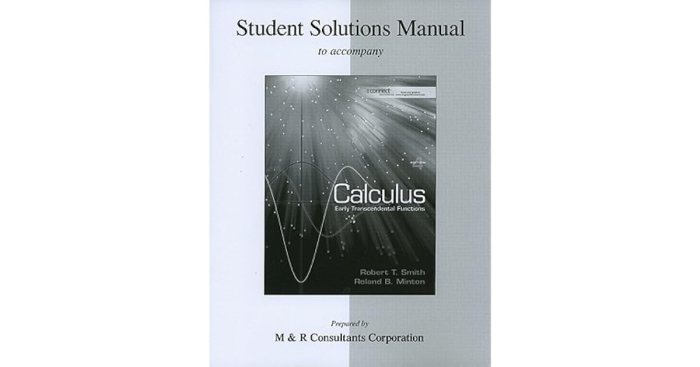
Calculus I, also known as differential and integral calculus, is a branch of mathematics that deals with the study of change and motion. It is the first course in the calculus sequence and focuses on early transcendental functions, which are functions that involve exponential, logarithmic, and trigonometric functions.
Early transcendental functions are widely used in various fields, such as physics, engineering, economics, and finance. The development of Calculus I has a rich history, dating back to the 17th century, with significant contributions from mathematicians like Isaac Newton and Gottfried Leibniz.
2. Core Concepts and Theorems
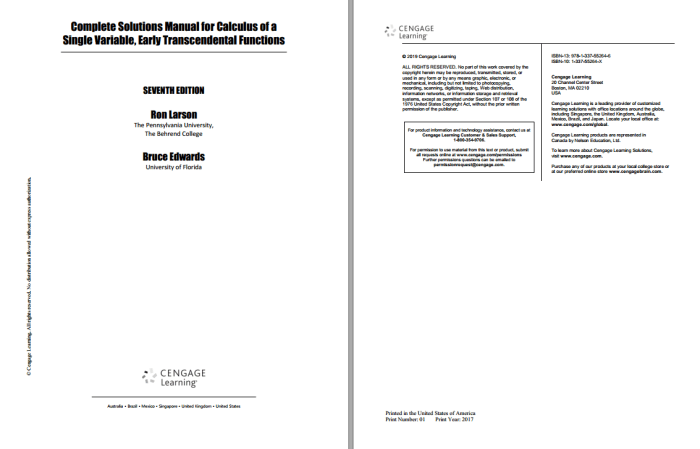
Limits and Continuity
Limits and continuity are fundamental concepts in Calculus I. A limit describes the behavior of a function as the input approaches a specific value, while continuity ensures that the function does not have any sudden jumps or breaks.
Derivatives
The derivative of a function measures the instantaneous rate of change. It is used to find the slope of a curve, optimize functions, and solve related rate problems.
Integrals
The integral of a function represents the area under the curve. It is used to find the volume of solids, calculate work, and solve other problems involving accumulation.
Fundamental Theorem of Calculus, Calculus i early transcendental functions
The Fundamental Theorem of Calculus establishes a connection between derivatives and integrals. It provides a powerful tool for evaluating integrals and solving various problems.
3. Techniques and Applications
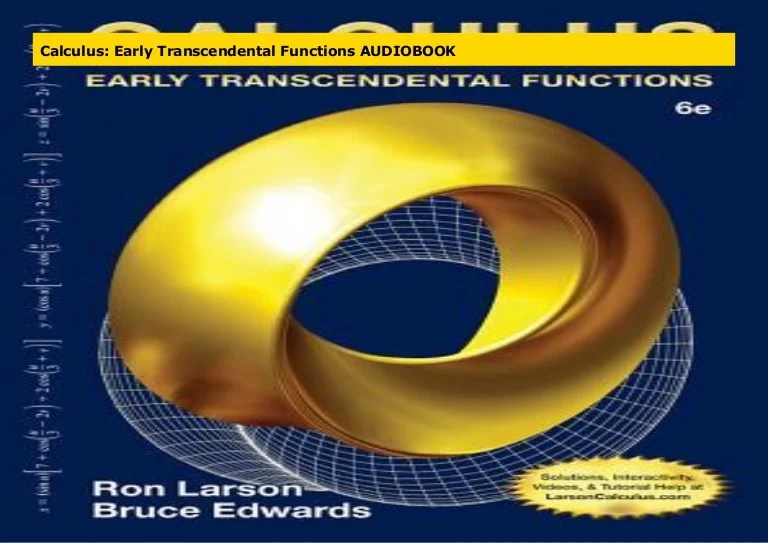
Techniques for Finding Derivatives and Integrals
Calculus I provides various techniques for finding derivatives and integrals. These include the power rule, chain rule, product rule, and integration by parts.
Applications of Derivatives and Integrals
Derivatives and integrals have numerous applications in real-world problems. Derivatives are used to find velocity, acceleration, and optimization points. Integrals are used to find areas, volumes, and work.
Applications in Various Fields
Calculus I is applied in a wide range of fields, including:
- Physics (e.g., kinematics, dynamics, thermodynamics)
- Engineering (e.g., structural analysis, fluid mechanics)
- Economics (e.g., marginal analysis, elasticity)
4. Advanced Topics: Calculus I Early Transcendental Functions
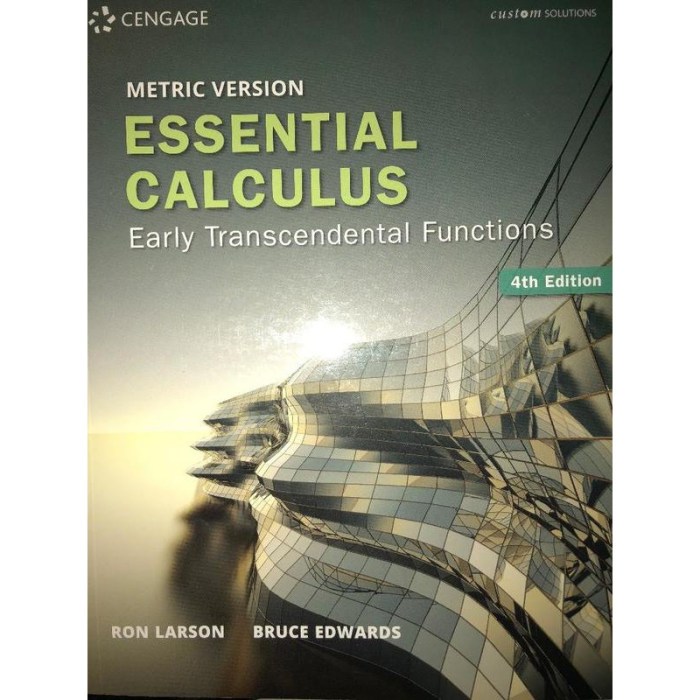
Infinite Series and Sequences
Infinite series and sequences are used to represent functions that cannot be expressed in a closed form. Calculus I introduces convergence tests to determine whether a series or sequence converges.
Taylor Series
Taylor series is a powerful tool for approximating functions as polynomials. It is used to solve complex problems in various fields.
Key Questions Answered
What are transcendental functions?
Transcendental functions are functions that cannot be expressed as a finite combination of algebraic operations, such as polynomials, rational functions, and radical expressions.
What is the Fundamental Theorem of Calculus?
The Fundamental Theorem of Calculus establishes a connection between differentiation and integration, providing a powerful tool for solving problems involving rates of change and areas under curves.
What are some applications of Calculus I?
Calculus I has applications in numerous fields, including physics, engineering, economics, and biology. It enables scientists and engineers to model and analyze complex systems, optimize processes, and make predictions.
